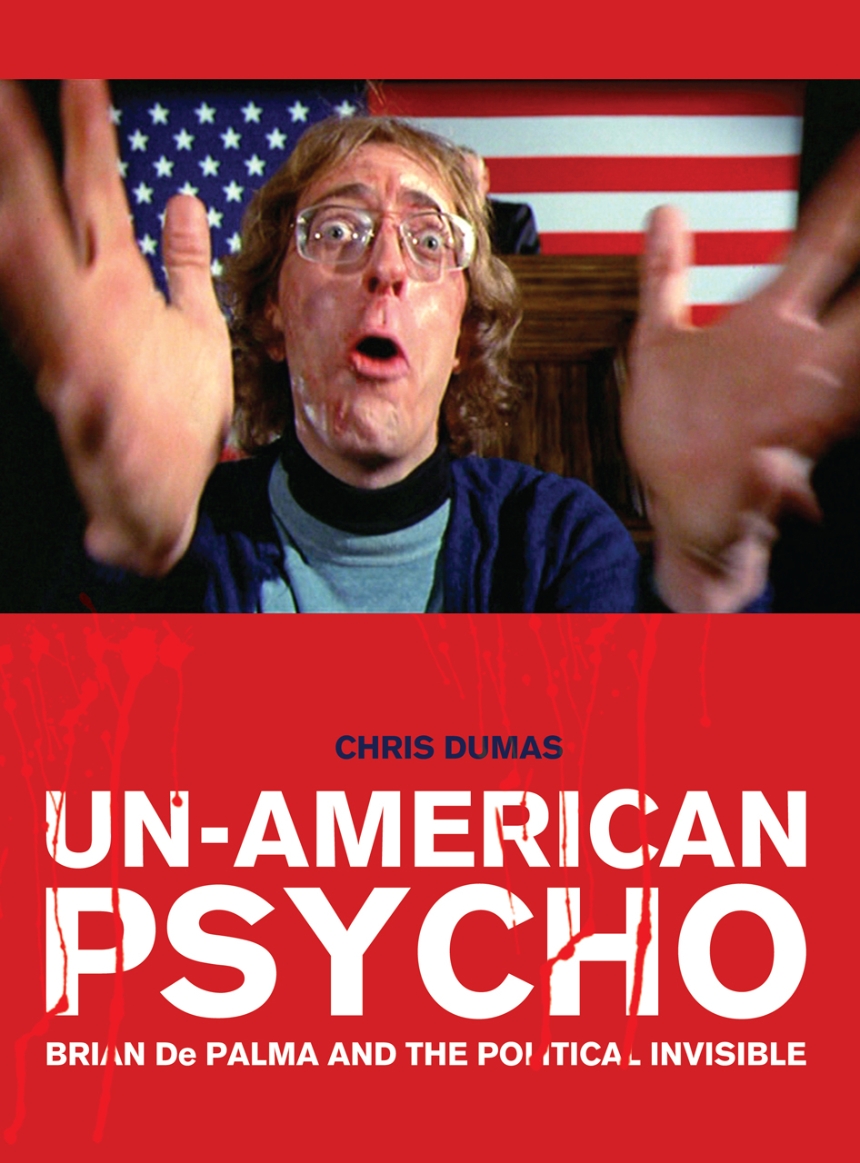Brian De Palma is perhaps best known as the director behind the gangster classic Scarface. Yet as ingrained as Scarface is in American popular culture, it is but one of a sizeable number of controversial films—many of which are consistently misread or ignored—directed by De Palma over his more than four-decade career.
In Un-American Psycho, Chris Dumas places De Palma’s body of work in dialogue with the works of other provocative filmmakers, including Alfred Hitchcock, Jean-Luc Godard, and Francis Ford Coppola with the aim of providing a broader understanding of the narrative, stylistic, and political gestures that characterize De Palma’s filmmaking. De Palma’s films engage with a wide range of issues surrounding American political and social culture, and this volume offers a rethinking of the received wisdom on his work.
Reviews
Table of Contents
List of Illustrations
Acknowledgments
Introduction: The Case of the Missing Disciplinary Object
Chapter 1: Shower Scene
Hitchcock and the Murder of Marion Crane
How to Blame De Palma
How to Operate the Hitchcock Machine
Everything You Ever Wanted to Know about Žižek (But Were Afraid to Ask De Palma)
Chapter 2: Get to Know Your Failure
Death(s) of the Left: An Historical Cartoon
Godard: The Holy Man
Made in U.S.A
Cinema of Failed Revolt
Chapter 3: The Personal and The Political
Bad Objects
The Liberal Gaze
The Political Invisible
Conclusion: Norman Bates and His Doubles
Reference List and Bibliography
Index of Film Titles and Selected Proper Names
Acknowledgments
Introduction: The Case of the Missing Disciplinary Object
Chapter 1: Shower Scene
Hitchcock and the Murder of Marion Crane
How to Blame De Palma
How to Operate the Hitchcock Machine
Everything You Ever Wanted to Know about Žižek (But Were Afraid to Ask De Palma)
Chapter 2: Get to Know Your Failure
Death(s) of the Left: An Historical Cartoon
Godard: The Holy Man
Made in U.S.A
Cinema of Failed Revolt
Chapter 3: The Personal and The Political
Bad Objects
The Liberal Gaze
The Political Invisible
Conclusion: Norman Bates and His Doubles
Reference List and Bibliography
Index of Film Titles and Selected Proper Names

